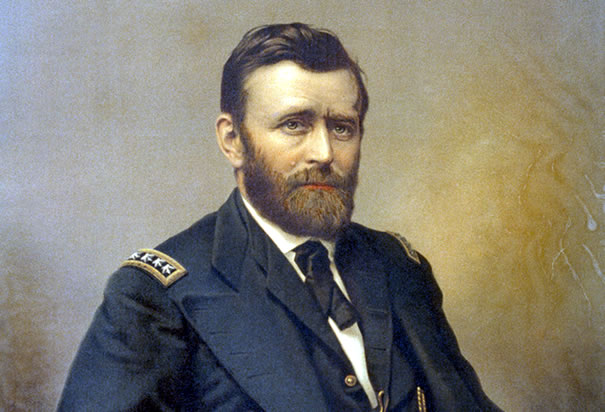This is one in a series of articles being featured on the Political Spectrum as part of Secession Week.
Ulysses S. Grant, Veteran
As soon as the news of the call for volunteers reached Galena Douglas ticket. E. B. Washburne, with whom I was not acquainted at that time, came in after the meeting had been organized, and expressed, I understood afterwards, a little surprise that Galena
After the speaking was over volunteers were called for to form a company. The quota of Illinois Galena
The ladies of Galena United States Springfield
From the Personal Memoirs of Ulysses S. Grant, Chapter 17
Image source: History.com

No comments:
Post a Comment